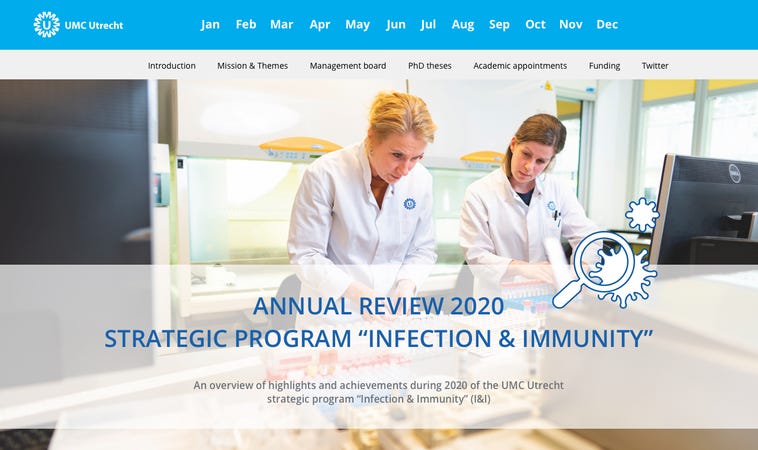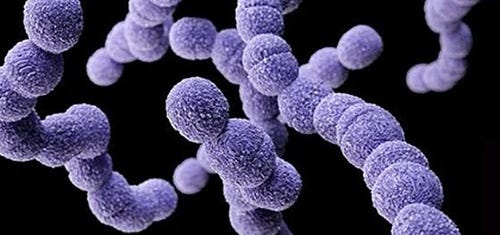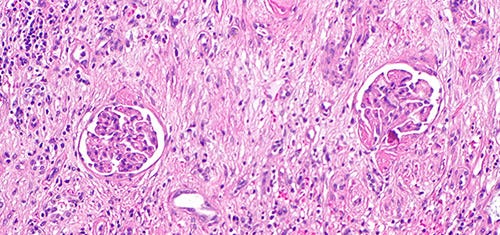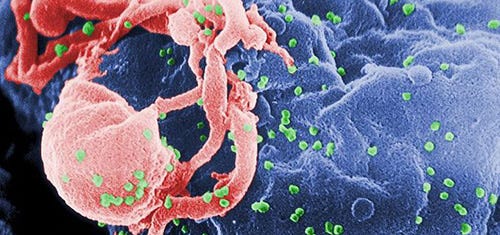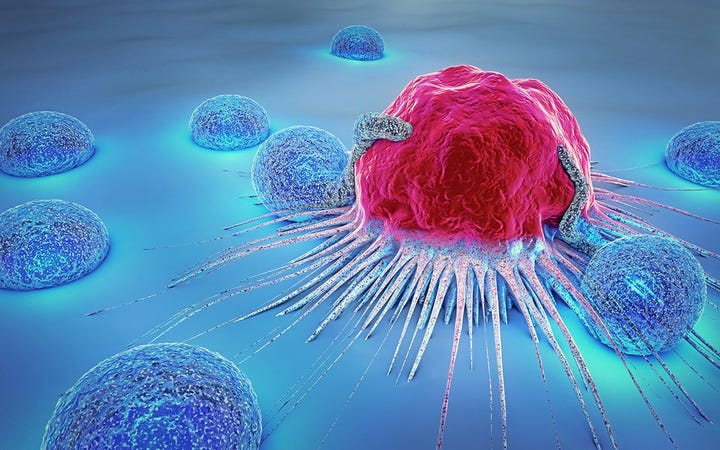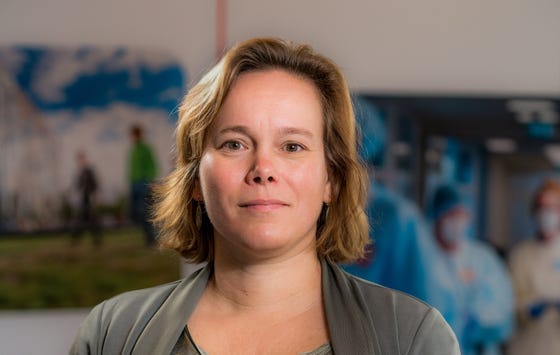Infection & Immunity
Infection & Immunity
Research in Infection & Immunity is translational and focused on common pathogenic mechanisms relevant for infection and immunity diseases on dynamics of pathogen transmission. Care will be multidisciplinary and includes standardized clinical/laboratory monitoring, collection of biological samples to create clinical, laboratory and immunology/microbiology databases and a biobank.
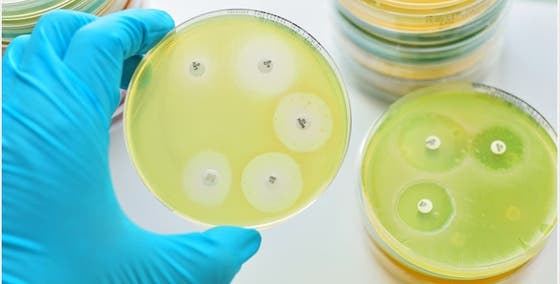
News uitklapper, klik om te openen

Bacterial metabolites involved in risk of IBD and colorectal cancer
Read more

Heart attack risk temporarily increased after severe influenza in adults without known cardiovascular disease
Read more

Jun 20: IgA antibody therapy may be a viable alternative therapy in high-risk neuroblastoma
Read more

Jun 7: A critical appraisal of clinical decision support systems for immune diseases
Read more

Jun 6: Lymphocyte dynamics in a more natural mouse model
Read more

Patricia Bruijning-Verhagen appointed professor of vaccination and infection control epidemiology
Read more
Overview news items
Annual review 2020
Annual review 2019
An overview of highlights and achievements in 2019.
Research themes uitklapper, klik om te openen
The strategic research program I&I aims for a national and international leading role in obtaining and disseminating knowledge and innovations in the field of inflammatory and infectious diseases and immune-mediated therapy. We aim to improve treatment in patients with difficult-to-manage infections, immune diseases or cancer. Our doctors and researchers closely collaborate to deliver high-quality care and cutting edge research, where possible together with patients. We ensure our knowledge and expertise by training talented people to become the future generation of experts.
Strategic program I&I is organized in four connected research themes. Each theme has distinct research lines, and clinicians, researchers and research groups are often active in more than one theme. The research themes are:
- preventing antimicrobial resistance;
- preventing inflammation;
- elucidating host-pathogen interactions;
- developing immune-mediated therapy and prevention.
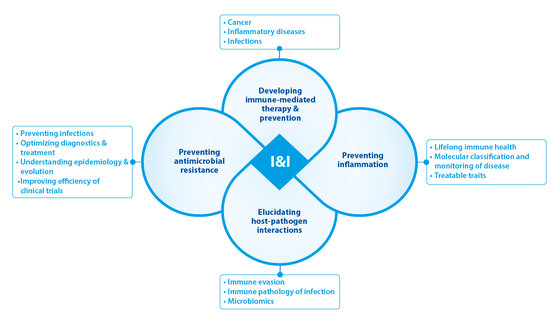
Prof. dr. Marc Bonten, chairman strategic program I&I uitklapper, klik om te openen
Prof. dr. Marc Bonten is chairman of the strategic research program Infection & Immunity. He is actively involved in three research themes: antimicrobial resistance, alternatives for antibiotics, and infection dynamics and infection prevention. His focus is on ICU-acquired infections, mathematical modelling of antibiotic resistance, and vaccination.

Societal impact uitklapper, klik om te openen
Diseases resulting from failing immunity or infections (I&I diseases) constitute a major burden for humans, and sometimes require life-long treatment. Four of the 10 leading causes of death in the world are I&I diseases (WHO 2012). As are five of the top 20 most prevalent causes of moderate and severe disability in the world. Moreover, antibiotic-resistance is considered one of the major threats for human healthcare. To address the unmet medical need of I&I diseases the program will focus its efforts on 2 areas, which are prevention of infection and allergic and inflammatory diseases.
Ultimately, biomarker profiling to assess inflammatory signatures in individual patients will guide personalized treatment. Optimal treatment of patients with diseases resulting from failing immunity and/or infection requires a shift from typically organ-driven to personalized immune activation pattern-driven.
In the Spotlight: Lennie Derde MD, PhD on REMAP-CAP outcomes uitklapper, klik om te openen
Intensive care physician Lennie Derde MD PhD, coordinator of the REMAP-CAP study in Europe, reflects on the outcomes of this adaptive platform trial so far.
The study has demonstrated that corticosteroids and interleukin-6 inhibitors tocilizumab and sarilumab improve clinical outcomes in critically ill COVID-19 patients; and that full dose anticoagulants improve outcomes in hospitalized, moderately ill patients. Several other drugs (full dose anticoagulants in critically ill patients, convalescent plasma, interleukin-1 inhibitor anakinra and antiplatelet therapy) did not improve outcomes, whereas lopinavir-ritonavir, hydroxychloroquine, or their combination may even worsen outcomes.
Education uitklapper, klik om te openen

Research collaborations uitklapper, klik om te openen

Research facilities uitklapper, klik om te openen
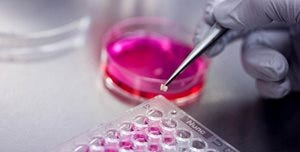
IMI-supported studies uitklapper, klik om te openen
The Innovative Medicines Initiative (IMI) is a partnership between the European Union and the European pharmaceutical industry. IMI facilitates open collaboration in research to advance the development of, and accelerate patient access to, personalized medicines for the health and wellbeing of all, especially in areas of unmet medical need. UMC Utrecht is playing a pivotal role in several of these large international projects in the fields of antimicrobial resistance, infection prevention and auto-inflammatory diseases.
Contact uitklapper, klik om te openen
UMC Utrecht
Heidelberglaan 100
3584 CX Utrecht
infectieenimmuniteit@umcutrecht.nl
For request for internships (BSc/MSc), please feel free to contact a principal investigator (see above) that fits your research interest
I&I office uitklapper, klik om te openen
Dr. Jovanka Bestebroer
Program manager, strategic research program Infection & Immunity
0031 887567924
Jovanka Bestebroer
Paul Geurts
Sr. communications adviser, strategic research program Infection & Immunity
0031 887555190
Paul Geurts


